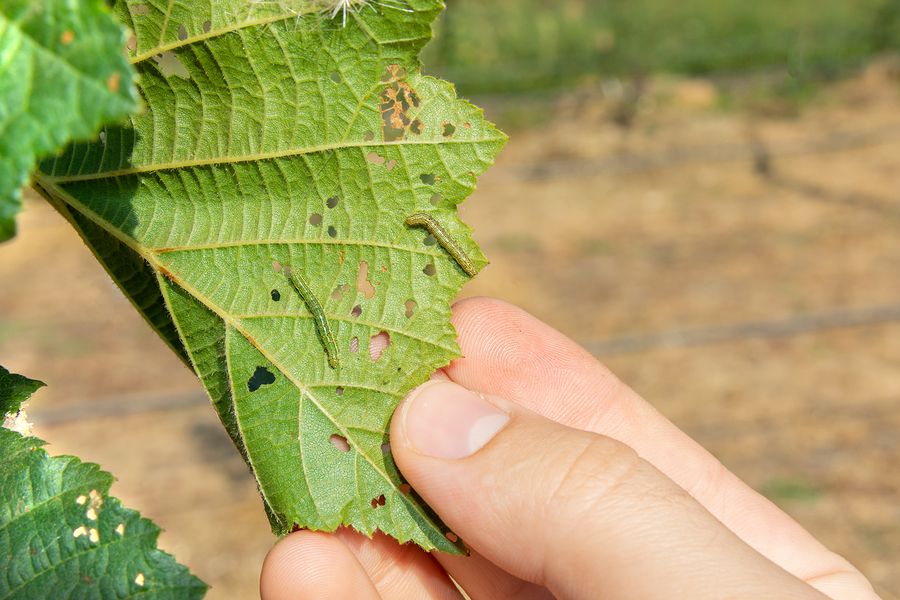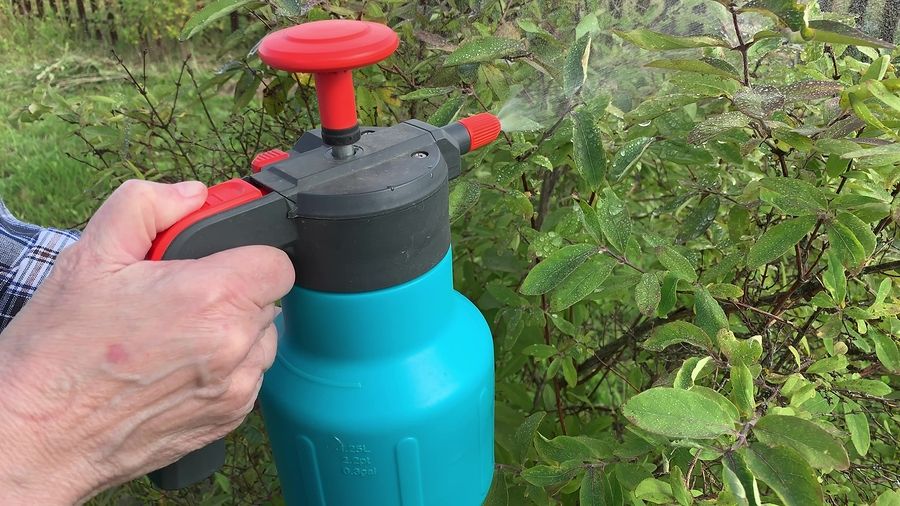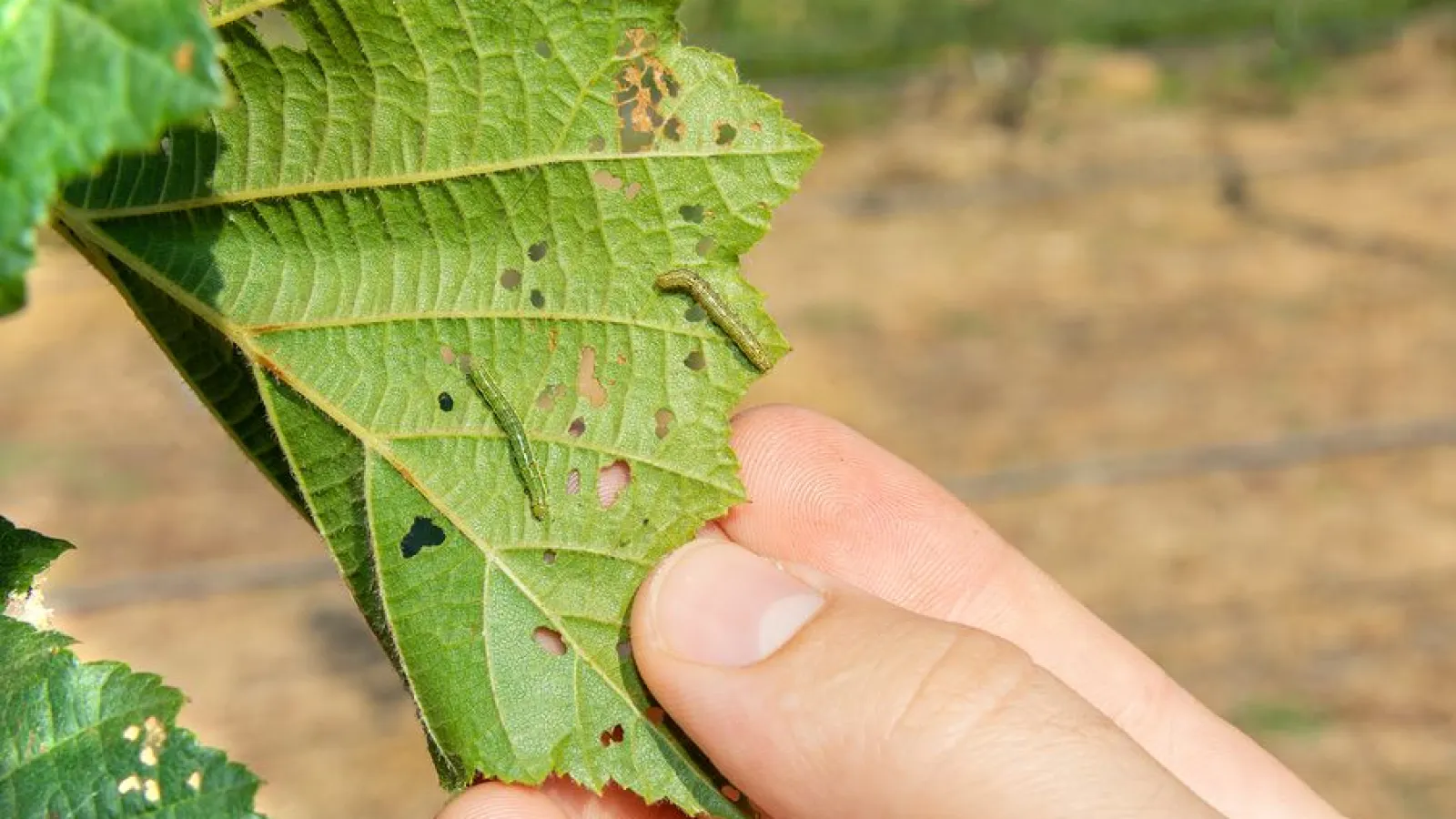
Keeping a
yard and garden free of unwanted insects like mosquitoes, ticks, ants, beetles,
slugs and stink bugs can be an endless battle. That's especially true in the
south, where the warm weather makes backyards a paradise for pests. But it
doesn't have to be such a struggle. Here are some patented and proven ways to
safeguard yards from creepy-crawlies.
Get rid of standing water
Mosquitoes aren't
just irritating, they're dangerous carriers of Zika, encephalitis, dengue, and
more. Does the yard have a bird bath? Pet's water bowls? Even if it's simply
that rainwater isn't draining properly, this is all essentially rolling out the
welcome mat for mosquitoes. Mosquitoes don't fly far from where they spawn, and
without water, mosquitoes can't lay eggs, hatch, or molt. Simply deny them a
breeding ground. Make sure any potted plants are properly drained of excess
water, clear gutters of all debris (water can easily collect in there), and
clean birdbaths or add a fountain to prevent the water going stagnant. If there
is a pool, simply be sure the chlorine and other chemicals are maintained at
the correct levels.
Keep an eye on
firewood
Most people keep their firewood in the backyard,
which is a natural enough storage area. If the woods begins to rot, however, it
becomes a highly-attractive motel for pests of all kinds, inviting cockroaches,
termites, and all their friends--and their next stop will be your garden. As
soon as signs of decomposition appear, do not wait. Get rid of the firewood it
right away.

Employ natural
scents
Some bugs don't
like certain smells, and this is particularly true for ants. Cinnamon, both
black and cayenne pepper, lemon juice, vinegar, lavender, mint and many more
work as effective repellants. There are a variety of ways this can be used to
an advantage--plant mint in the yard, mix cinnamon essential oil with water and
use it as a spray for the grass, or simply sprinkle black pepper in the yard's
trouble spots.
Food-grade
diatomaceous earth
Many have never
heard of it, but food-grade diatomaceous earth kills any bugs it touches and is
one of the best solutions available for ants, bed bugs and fleas. Also called
D.E. or diatomite, this non-toxic, naturally occurring soft, siliceous
sedimentary rock can be purchased at Walmart. The "earth" is actually
the fossilized remains of a type of protist. It easily crumbles into a fine
white powder, which can then be sprinkled around your garden or any areas you
are concerned pests are entering your home. Food-grade diatomaceous earth will
dry out insects on contact and its microscopic edges will cut them, speeding up
the process.
Turn out the lights
The saying "like moths to a
flame" exists for a reason. While we don't want to eliminate too many moths--they
pollinate at night and can be important for maintaining healthy gardens--lights
in the yard will attract all kinds of other insects, one of the most notorious
being stink bugs. This tip is easy: if you're not using them, switch off any
lights in the yard, as well as indoor lights near windows. A dark house is a
house that's less attractive to many of these pests.
Of course, different solutions fit different types of pests, and not all of
these fixes will work on every kind of garden-invader. Any comprehensive and
permanent answer to a bug problem will involve a professional. At Breda Pest
Management, our trained staff will methodically locate the source, eliminate or
remove the bugs, and put up a defensive barrier to keep them from entering into
specific areas, such as a bed of petunias or chicory. Regardless of what kind
of pest is pestering you, we've got the skills, knowledge, and tools to deal
with it.
If you find yourself needing pest management solutions, don't hesitate to contact us today!



